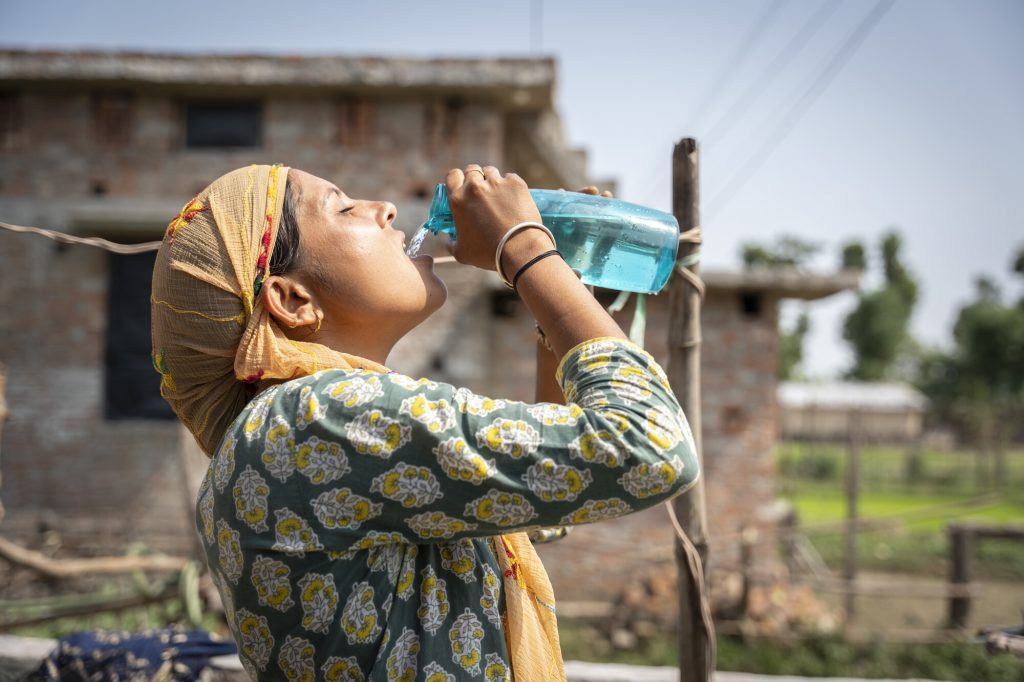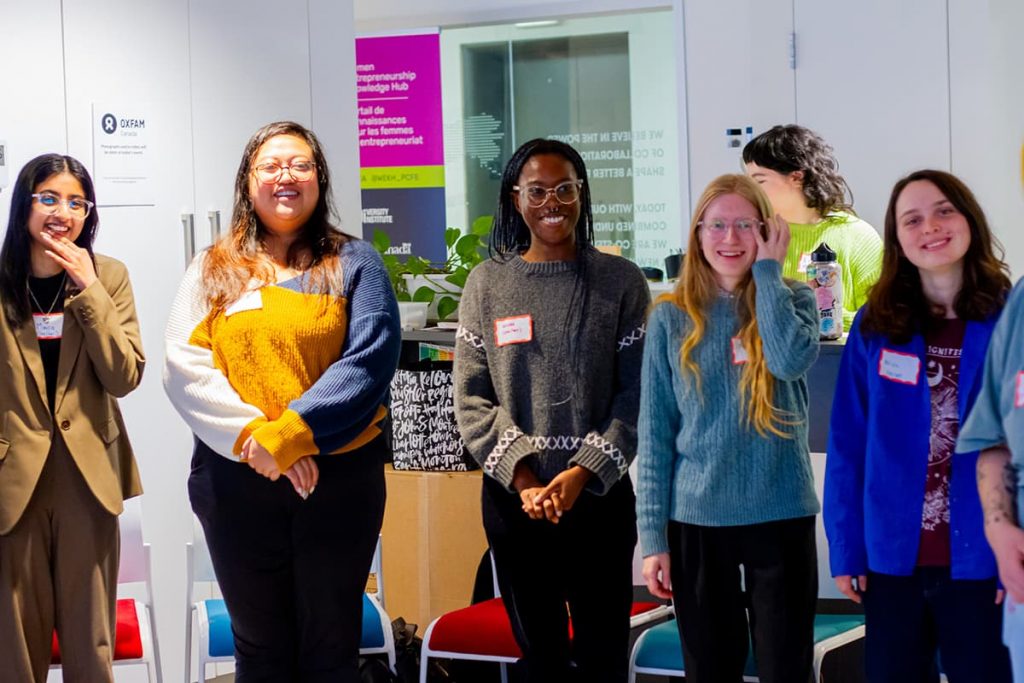Open Letter to Ministers Bennett and Miller on Solidarity with the Tk’emlúps te Secwépemc People
Dear Ministers,
On behalf of national, regional and local gender justice and human rights organizations, we are in solidarity with the Tk’emlúps te Secwépemc First Nation and all First Nations, Métis and Inuit Peoples and honour the memory of the 215 children whose remains were found at the Kamloops Indian Residential School in British Columbia. Our hearts are with residential school survivors, their families and all the children who never returned to the homes from which they were taken.
We condemn the genocide enacted by the Canadian government that the Truth and Reconciliation Commission and the National Inquiry into Missing and Murdered Indigenous Women and Girls both found Canada responsible for. As feminist intersectional gender justice organizations, we are firmly against the colonial project that is Canada – established on continued actions that break treaties, steal lands and wreak violence on First Nations, Métis and Inuit women, girls and 2SLGBTQ+ people – and the eugenic practices that seek to erase the First Peoples of Turtle Island.
We understand that the truths of this past week are not historical but an ongoing violent reality and a stark reminder that all settlers across Canada must act on the Truth and Reconciliation Commission’s 94 Calls to Action and the National Inquiry into Murdered and Missing Indigenous Women and Girls 231 Calls for Justice. We call on the federal government to take immediate and concrete action, beginning with implementation of the TRC calls to action 71 through 76 on the Missing Children and Burial Information. This process must be led by the First Nations, Métis and Inuit communities affected, and we follow their direction, but we also must demand that the government address the process of uncovering and investigating the sites of burials with seriousness and respect. They must be treated with appropriate care and spiritual attention as the precious remains of families and communities. It is of national importance that in their entirety, all remains are considered as evidence of trauma and genocide that will be addressed legally.
There are serious gaps in the processes and ongoing invisibilization within the National Action Plan for Missing and Murdered Indigenous Women and Girls (MMIWG). It does not recognize disabilities as a part of women’s’ identities and lacks actions to support them. It fails to include Métis women as well as Two Spirit LGBTQ+ peoples. Until these omissions are addressed, planned action on implementation will fail women, girls, Two Spirit and LGBTQ+ people made increasingly vulnerable by these gaps.
Reconciliation is not a passive action but rather one that requires active disruption of colonial practices entrenched in policy and legislation, which continue to harm generations of First Nations, Métis and Inuit peoples. Reconciliation means pursuing justice for Indigenous communities on all fronts.
This includes the speedy passage of Bill C-15 to implement the UN Declaration on the Rights of Indigenous Peoples by the government of Canada. Canada must also put into action all mechanisms needed to fully implement Bill S-3, register the 270,000 First Nations women and their descendants who are now entitled to status, and eliminate all remaining sex-based discrimination from the Indian Act. The government must immediately stop litigating against all First Nations, Métis and Inuit children.
In 2016, the Canadian Human Rights Tribunal found that inequities in Canada's child welfare services created incentives to remove First Nations children from their homes, families and communities. Dr. Marie Wilson, a witness before the CHRT and a former Commissioner of the Truth and Reconciliation Commission, described the harms experienced by First Nations children because of Canada's underfunding of child welfare services to be comparable to those experienced by survivors of Residential Schools. Canada must immediately comply with the ruling of the Canadian Human Rights Tribunal ordering an end to discrimination against First Nations children in the delivery of child welfare services on reserves and fully implementing The Spirit Bear Plan to end inequalities across all public services. Currently, there are more First Nations, Métis and Inuit in the child welfare system than there were during the Residential School era.
Canada has been called to act again and again by the First Peoples of Turtle Island, to respect treaties, to move on the recommendations of inquiries and to take concrete steps to change the ongoing racism, misogyny and ableism that is at the heart of the settler colonial project of nation building. We must act. As national, regional and local gender justice and human rights organizations, we are calling for immediately action, not in times of acute need, but in constant reference to the harms being done to First Nations, Métis and Inuit peoples.
We will continue to work towards reconciliation by following the leads of Indigenous governments, communities and partners to work in solidarity and honour the memory of lives lost and harmed.
Signed by:
Action Canada for Sexual Health and Rights
Battered Women's Support Services
Canadian Centre for Gender and Sexual Diversity
Canadian Council of Muslim Women
Canadian Federation of University Women
Canadian Research Institute CRIAW
Canadian Women's Foundation
Child Care Now - Un Enfant Une Place
Chinese & Southeast Asian Legal Clinic
Chinese Canadian National Council for Social Justice
Colour of Poverty Colour of Change
Disability Justice Network of Ontario
DisAbled Women’s Network of Canada | Réseau d’action des femmes handicapées du Canada
FAFIA
Feminists Deliver
LEAF Women's Legal Education and Action Fund
National Association of Women and the Law/L'Association nationale Femmes et Droit
National Council of Women of Canada
OCASI-Ontario Council of Agencies Serving Immigrants
Oxfam Canada
Platform
South-Asian Legal Clinic of Ontario
West Coast LEAF
WomenattheCentrE
Women's Shelters Canada | Hebergement femmes Canada
CC:
Prime Minister Justice Trudeau
Deputy Prime Minister Chrystia Freeland
Minister of Women and Gender Equality Maryam Monsef

